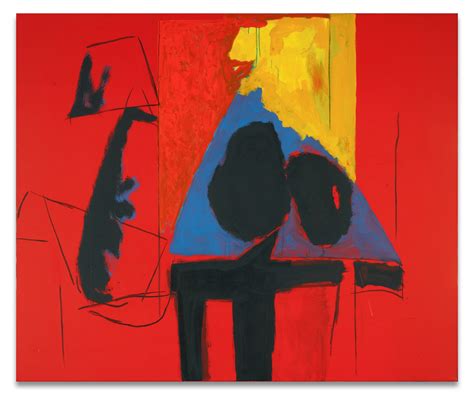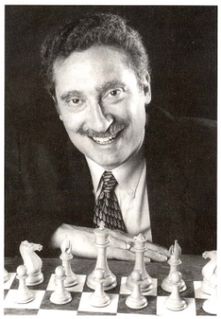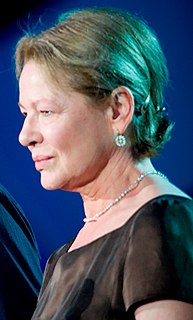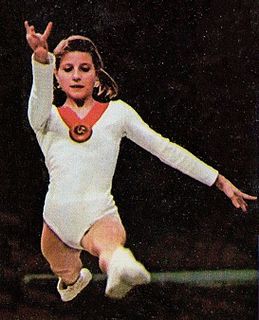A Quote by Kehinde Wiley
I think one of the things that I took from Mel [Bochner] specifically was his ability to look at oneself and one's relationship to the history of art and the practice of art at arm's length, the ability to sort of clinically and coldly remove oneself from the picture and to see it simply as a set of rules, habits, systems, moving parts.
Related Quotes
I love movies; I grew up loving movies. I've always loved movies. I never thought about making movies until I took art classes and then I started studying different artists. As you study paintings, you see light and shadow, of course - Rembrandt, Eugène Delacroix. You start to understand the relationship between people and art, and images. For me, between movies that I watched and art, it was like, I'd love to make moving art. Moving pictures.
The writing life requires courage, patience, persistence, empathy, openness, and the ability to deal with rejection. It requires the willingness to be alone with oneself. To be gentle with oneself. To look at the world without blinders on. To observe and withstand what one sees. To be disciplined, and at the same time, take risks. To be willing to fail - not just once, but again and again, over the course of a lifetime.
Studying the Buddha way is studying oneself. Studying oneself is forgetting oneself. Forgetting oneself is being enlightened by all things. Being enlightened by all things is to shed the body-mind of oneself, and those of others. No trace of enlightenment remains, and this traceless enlightenment continues endlessly.






































